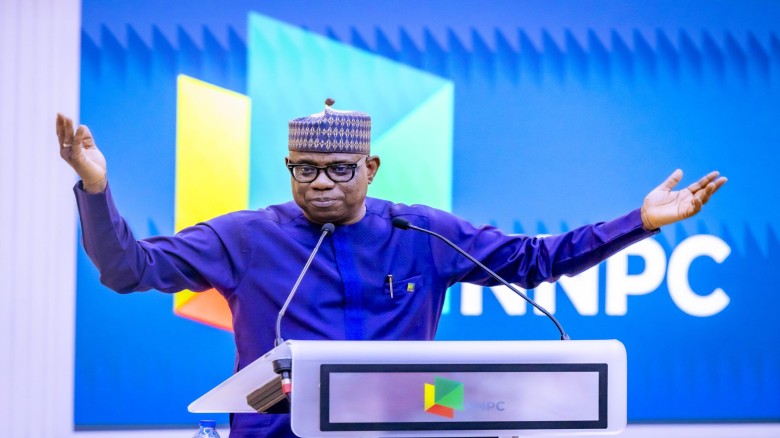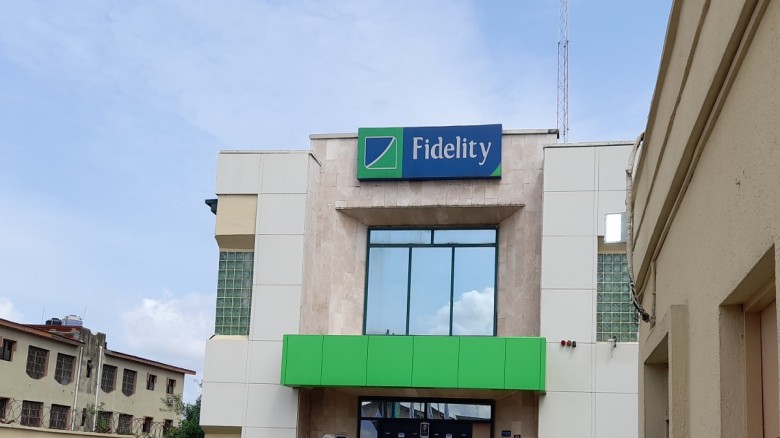The Federal Government expresses concern about the rise in food imports
The Federal Government has reported a significant increase of over 80% in food imports from 2019 to 2023. Dr. Kingsley Uzoma, Senior Special Assistant to the President on Agribusinesses and Productivity Enhancement (SSAP), shared this information during the National Policy Dialogue held on Thursday in Abuja.
The policy discussion is named "Enhancing Collaboration to Expand the Implementation of Information and Communication Technology for Development (ICT4D) Among Smallholder Farmers in Nigeria."
The event was coordinated collaboratively by the Federal Government, the International Fund for Agricultural Development (IFAD), and the National Information and Technology Development Agency (NITDA).
Highlighting the pressing issue, Uzoma noted that a staggering 88.5 million Nigerians were grappling with inadequate food consumption, with projections indicating an increase of six million by December. He emphasized the government's commitment to reversing this concerning trend.
Uzoma identified a decline in agricultural capacity as a significant factor contributing to the issue, leading the country to heavily depend on food imports. He highlighted that Nigeria had the highest global rate of stunted children, with 70% of the population living below the poverty line. Additionally, food inflation stood at 31.52% in October.
He stated, "This escalating dependence on external sources further intensifies the challenges within the domestic food landscape, all of which have resulted in the declaration of a state of emergency in food security by Mr. President."
To address these challenges, Uzoma explained that IFAD-financed programs, such as the Value Chain Development Programme (VCDP) and the Livelihood Improvement and Family Enterprises Project for the Niger Delta (LIFE-ND), aim to boost incomes and food security through sustainable practices and the integration of Information and Communication Technology for Development (ICT4D).
"Farmers stand to gain from these initiatives, which incorporate tools like the Mini-weather Station (Nimet) and the Agriculture Market Information System (AIMS)."
"Nevertheless, obstacles persist in terms of data access, gender equality, infrastructure, and technical support," he remarked.
He emphasized the importance of sustained endeavors in digital literacy and collaboration involving both government agencies and the private sector. Uzoma underscored that these efforts were crucial for fostering greater technology adoption among smallholder farmers.
According to Uzoma, such initiatives could lead to enhanced productivity, widespread technical advancement, the promotion of best practices, increased competitiveness in trade, and improved market access.
The senior presidential aide advocated for a dual strategy, involving the development of critical technology-enabling infrastructure through partnerships with the Universal Service Provision Fund and mobile network operators. Simultaneously, he suggested the implementation of low-technology solutions such as USSD and WhatsApp to enhance accessibility.
"Enhanced collaboration with the Federal Ministry of Agriculture and Food Security and the NITDA is crucial for the effective implementation of the National Digital Agriculture Strategy, aiming to leverage technology for the advancement of the agricultural sector.
"This aligns with the mandate of my office under the leadership of the vice president, embracing a comprehensive approach rooted in technology and innovation to bring about transformative change in Nigeria's agricultural sector.
"This encompasses the empowerment of one million women, youths, and minorities, fostering food and nutritional sovereignty, ensuring food security, and boosting agricultural productivity.
"The objective also involves achieving a $22 billion import substitution of high-value crops like wheat, implementing sustainable agricultural practices for environmental conservation, and mitigating climate change.
"Furthermore, the mandate aims to generate two million direct and six million indirect jobs, with a specific focus on youth and women, while concurrently addressing and minimizing farmer/herder crises," he stated.
IFAD Country Director, Mrs. Dede Ekoue, emphasized that the dialogue aimed to reinforce partnerships for improved access to digital solutions for smallholder farmers. She highlighted that these solutions would not only enrich their livelihoods but also make significant contributions to food security, nutrition, poverty reduction, economic growth, and job creation.
























Leave A Comment